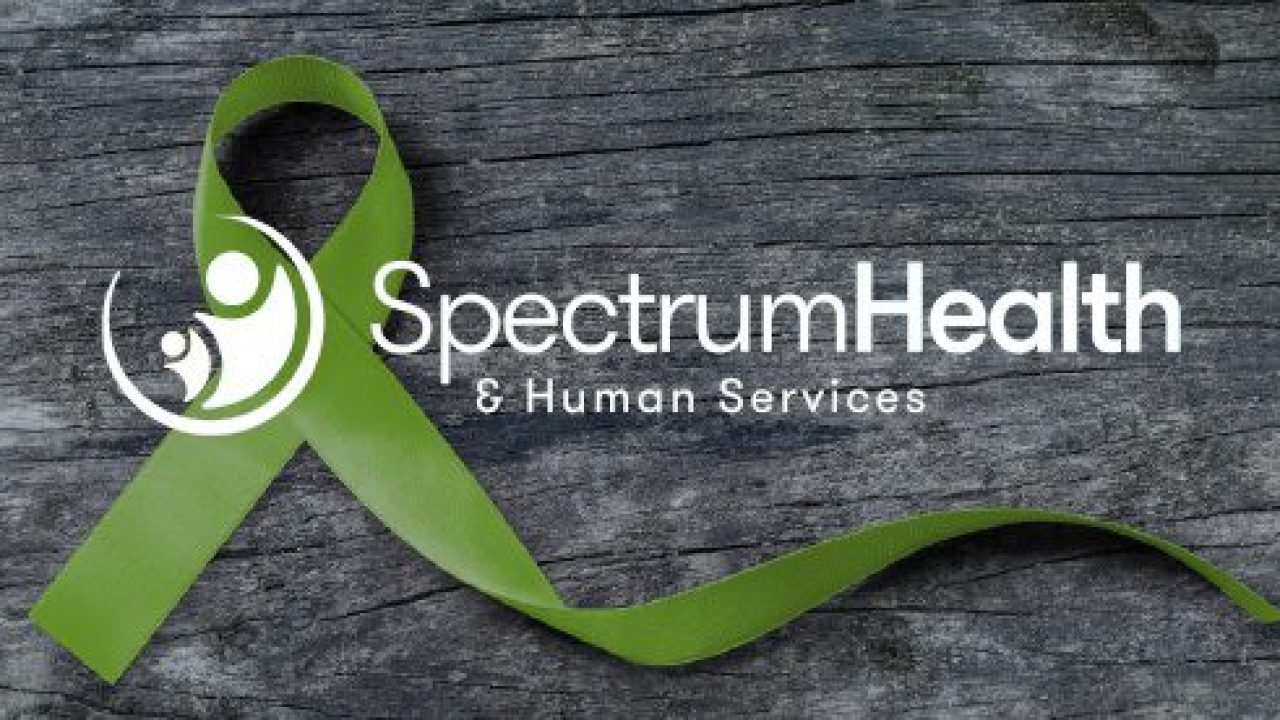“Katrina, what is mental health awareness month?”
Well, my friends, this celebration of mental health in the month of May gives us the opportunity to publicly recognize mental health needs for what it is…a completely common and normal concern that impacts millions of Americans every year. Additionally, it gives us all the opportunity to talk about and take back the stigma that surrounds Mental Health.
So, what exactly encompasses mental health?
Mental health is outlined by our responses to both physiological and environmental stressors that surround us. Mental health helps to determine how we feel, how we act, and how we respond to day-to-day stressors that surround us. Mental health can be impacted heavily by our experiences, our genetic makeup, and our childhood development. Mental health can consist of our emotional reactions and our behaviors in response to stressors, both big and small. Lastly, mental health is a state of well-being which effects each one of us to some degree.
Mental health is just as important as physical health in that you need to take care of both in order to function at your personal best.
It is important to note that our mental health is not a predetermined state and can be challenged at any point in our lives. For example, our mental health can be challenged in response to multiple stressors whether it be the ending of a relationship, loss of a job, financial stressors, or change in medical status. Additionally, your mental health can be impacted by seemingly positive events including the birth of a child, a job promotion, or a move to a new town. Seemingly common occurrences, right?
“Wow, I had no idea that mental health covered so much. I always thought of mental health as what I saw depicted in movies!”
Unfortunately, the reality remains that there is a huge misunderstanding of what mental health is and how we treat it. One of the biggest concerns I have is how many people stray away from taking care of their mental health out of fear of being judged. In working in this field, I have talked to so many people who share their fears of others knowing that they are struggling. Well, truth is, this needs to change! There have been too many individual lives lost due to untreated mental health concerns. According to the American Foundation for Suicide Prevention, in 2020 approximately 132 individuals died by suicide daily and approximately 1.4 million had a suicide attempt.
“So, Katrina, what do we do?”
Well, the truth is there are no magic wand that exists (at least that I know of) that can make one’s mental health better in an instant, but there are things we all can to do to help one another! Now don’t worry, you don’t have to get a degree in counseling to help someone! Listed are some small tips of things you can do in an average day to make a world of difference in someone’s life.
- Smile: That’s right! A simple smile at someone not only helps lower blood pressure and releases endorphins that help our mood, but also a smile at others typically results in a smile back! This means you are giving someone an opportunity to have an improvement in mood as well. Ever hear the expression that a “Smile is contagious?” In a day an age where we quarantine when we are concerned about being contagious with illness, we should look to spread a smile as far and wide as we can.
- Recognize the warning signs: So, many would ask the question, “How would I know if they don’t tell me, wouldn’t that be hard?” To that I would say “Yes and No”. Sure, you may know the specifics of what they are thinking, feeling, or experiencing if they don’t tell you BUT you are able to recognize some cues in behaviors that may raise a red flag that something is amiss. Here is a small list of signs to look for:
- Increase in crying spells or anger outbursts;
- Acting out of character or engaging in risk taking behaviors;
- Confused thinking or struggles with memory;
- Avoidance of others or isolating behaviors;
- Increase in alcohol/substance use;
- Excessive weight loss/weight gain;
- Increased need for sleepy or excessive fatigue;
- Decrease in work performance, school performance, or overall functioning; and
- Giving away possessions or saying goodbyes to others.
- Ask the question: So many of us fear the idea of asking the question “Hey how’s your mental health going these days?” So, what I will tell you right now is you do NOT have to use this language to get your point across that you are checking in. When you see someone you are concerned about (or even not overtly concerned about), it is always OK to ask the question “Hey how have things been going for you?”. This question alone shows you ARE interested in how they are doing and although this question alone may not lead to an answer specific to mental health, it will open the doors. Feel like you need more direct questions for someone you worry about? Here are a couple examples:
- “Hey, I’ve noticed you seem more (insert feeling word/behavior/symptom) lately, is everything ok?
- “You’ve had a lot going on lately, how are you holding up?”
- Reduce the Stigma: This is so important! Society has had this long standing pre-conceived notion surrounding mental health which drives so many away from seeking out the help they need! We need to work towards reducing the negative attitudes towards mental health and here is a list of tips you can utilize as we strive to end the stigma!
- Educate yourself! Take the time to learn about mental health and learn the facts! You will find that what you have seen in the movies is not an accurate depiction of what mental concerns truly are.
- Watch your words! It is so important we work on refraining from using terminology such as “you’re crazy” or “you are messed up” or even the term “psycho.” These are terms that are perceived as not only negative but also judgmental which may deter anyone from wanting to talk about mental health.
- Talk about it! Talking about mental health and normalizing this as a day-to-day part of life will help reduce the stigma! Someone hearing another individual talk openly about mental health will open the doors up for others to feel comfortable talking to you.
- Show your support! Being there for a friend in good times and bad regardless of their current mental health is a huge step! This shows the individual in need that you accept them no matter what.
- Know the Resources: There are times when someone may be experiencing mental health concerns that warrant a higher level of intervention that you are unable to provide. With this being said, it is important to know your community resources including family support centers, local counseling centers, crisis lines, and local hospitals. Spectrum Health & Human Services’ Springville location is readily available to assist all individuals in their time of need.
“Katrina, that is a lot of information! I had no idea there was so much I could do!”
When all is said and done, we all are individuals who have the power to make small but meaningful differences in the individuals around us as well as our society as a whole. Mental health does not need to define us, nor does it need to dictate our future. Mental health is something we CAN work to improve each day of our lives. With education, supports, and resources readily available to help one another in their times of needs, we truly can be a force to be reckoned with. I wish all of you a very Happy Mental Health Awareness Month! Take care of yourself and don’t be a stranger! Reach out for help if you need it! Spectrum Health & Human Services Springville Counseling Center is ready and willing help!
Katrina Norris
Clinical Director
Springville Counseling Center



